International Conference on Community Heritage
University of St Andrews, Scotland, Friday 8th November 2019
The Programme is available here.
Watch the LIVE Stream of the International Conference on Community Heritage by clicking here.
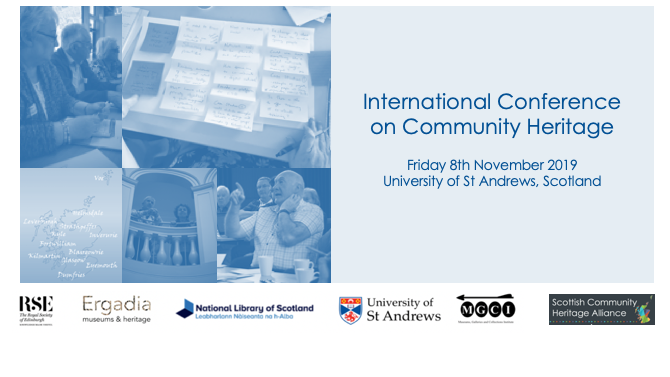
“Community Heritage” is front and centre of many new heritage strategies and visitor attractions in Scotland, and yet it is largely managed by volunteers and lacks definition as a sector in its own right. Over the past two years, the Museums, Galleries and Collections Institute (MGCI) at the University of St Andrews has worked in partnership with a number of organisations and grass-roots initiatives to better understand the community heritage landscape of Scotland – its characteristics, current needs and potentialities. This international conference is the culmination of a research workshops project funded by the Royal Society of Edinburgh and led by MGCI, the National Library of Scotland and Ergadia Heritage, seeking to understand the current needs and future aspirations of the Scottish community heritage sector. In association with the newly-formed Scottish Community Heritage Alliance we have consulted people at a local level as to whether they see a need for a new national network and if so, what form it might take.* The conference further seeks to bring the Scottish reality into the light of international discourse affecting critical heritage studies today, including concepts of ‘authorised’ heritage, intangible cultural heritage, the role of youth and intergenerational transmission of knowledge, local development agendas, and social sustainability and wellbeing in the face of climate change and austerity.
The aim of the conference is threefold. Firstly, we will present the preliminary results of our twelve community heritage research workshops conducted at a grass-roots level around Scotland. Secondly, the conference will contextualise community heritage in Scotland in relation to international developments such as networks of community museums, ecomuseums, heritage networks in post-conflict situations, and mobile or temporary museums, drawing on the experiences of intended guest speakers from Mexico, Brazil, Africa and other countries. Finally, the conference seeks to continue in the spirit of community consultation conducted so far by offering a discursive space for participatory and constructive discussion and debate on community heritage in Scotland. To this end, we invite proposals for short, 10-minute presentations or provocations on the theme to be presented in the morning, leaving the afternoon for group work and dynamic activities.
GUEST AND SELECTED SPEAKERS
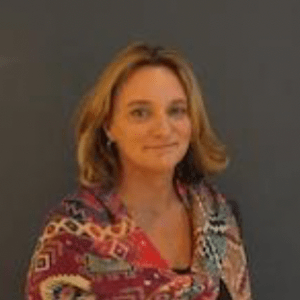
Karen Brown is Director of the University of St Andrews’s Museums, Galleries, Collections and Heritage Institute (MGCHI), Senior Lecturer in the School of Art History, and Principal Investigator for the RSE Community Heritage Scotland Research Workshops project. She is currently overseeing several projects relating to community heritage and sustainability with particular focus on Scotland and the Global South. From 2016-2020 she is coordinating an EU Horizon 2020 international consortium project entitled “EU-LAC-MUSEUMS: Museums and Community: Concepts, Experiences, and Sustainability in Europe, Latin America and the Caribbean.”
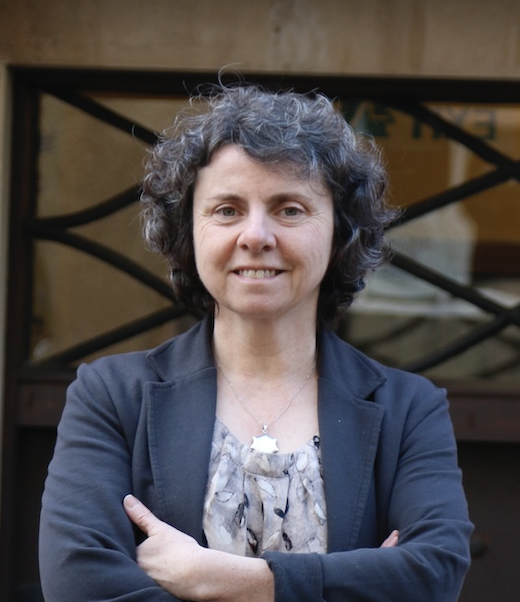
Catherine Gillies is founder of the Scottish Community Heritage Alliance (SCHA) project and the Ergadia heritage consultancy, a delivery partner for the RSE Community Heritage research project. Passionate about communities as guardians of their own stories and heritage.
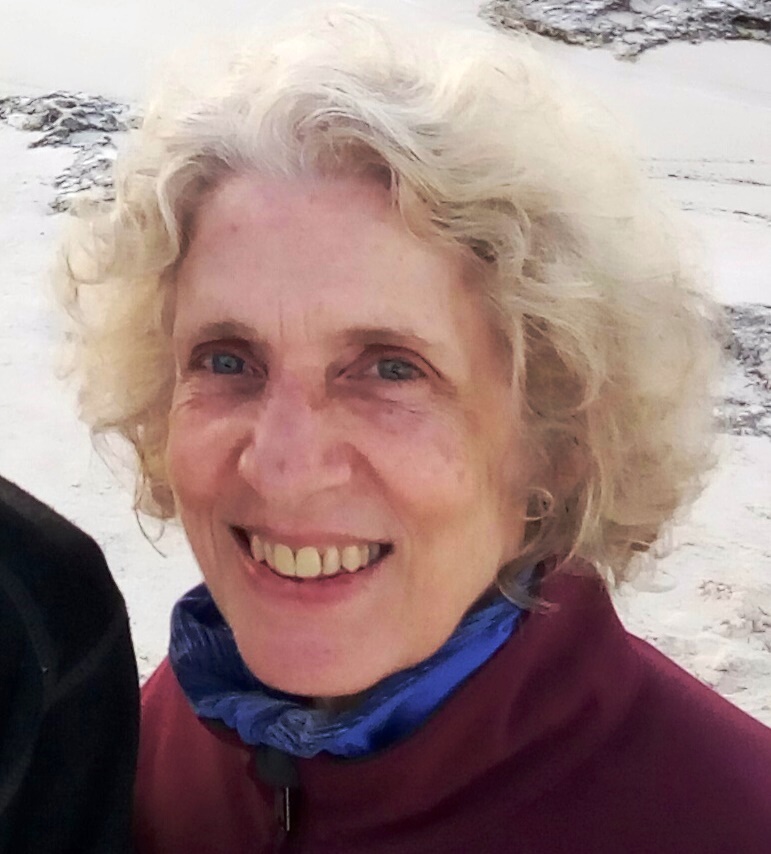
Teresa Morales, dedicated to the creation and development of community museums and their networks since 1985. Interested in community heritage as a springboard to strengthen identity and to affirm the collective right of each community to shape its own future.
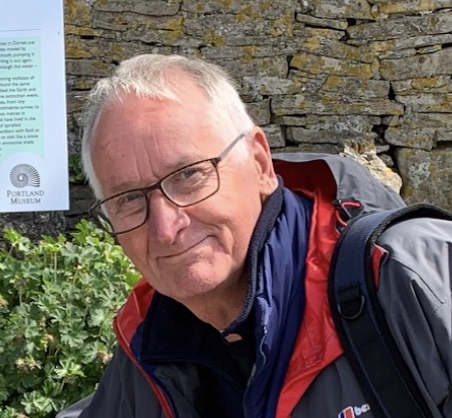
Peter Davis is Emeritus Professor of Museology in the School of Arts and Cultures at Newcastle University, UK. His work on ecomuseums (Ecomuseums: a sense of place (1999; 2nd edition 2011) led to a fascination with the relationships between culture and nature, and with community-based approaches to heritage, especially the safeguarding of intangible cultural heritage.

Dr Elgidius Ichumbaki (Ichu) is a Senior Lecturer in Heritage Studies and Leader of Urithi Wetu (Our Heritage) project at the University of Dar es Salaam, Tanzania. From the perspectives of ‘Community Archaeology and Heritage’, Ichu’s research and publications focus on monumentality, spirituality and indigenous heritage of eastern Africa.
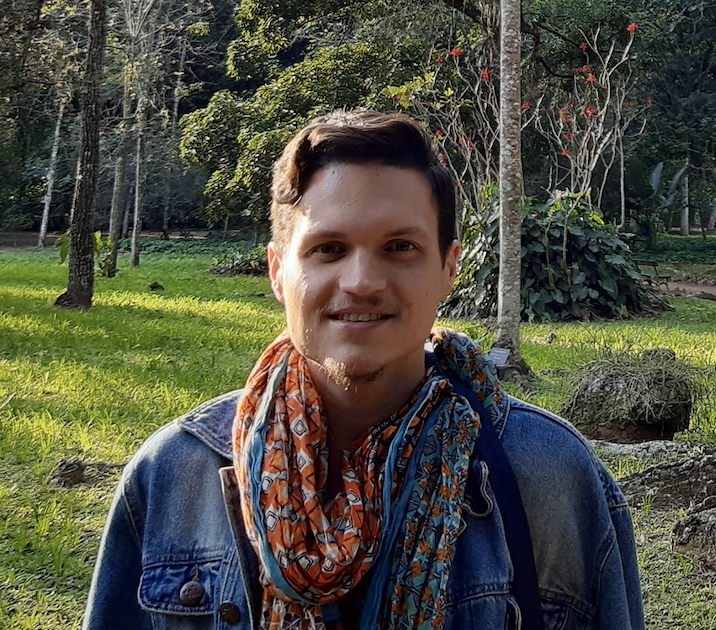
Bruno Brulon Soares is an anthropologist and museologist who is currently a Professor of Museology at the Federal University of the State of Rio de Janeiro (UNIRIO), in Brazil, where he coordinates the Laboratory of Experimental Museology (LAMEX). In the past years, his research projects have dealt with community museums in the Brazilian social context, including experimental museums in favelas, African-Brazilian community museums and museums connected to social movements for human rights. For the past six years, he has been vice-chair of the International Committee for Museology (ICOFOM).
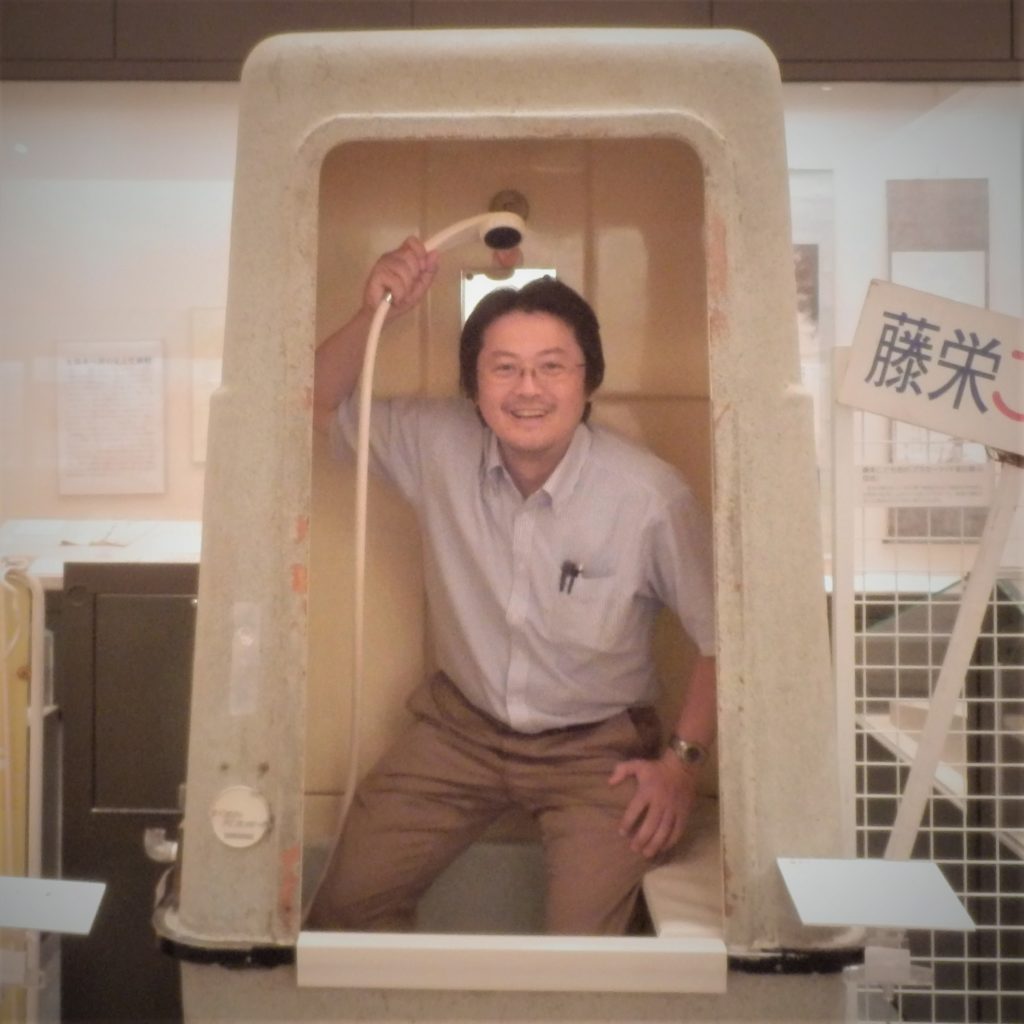
Kenji Saotome is a curator of the Suita City Museum in Osaka, Japan. His research interest includes Senriyama Suburb, one of the earliest garden suburbs developed in Japan in 1920s, Senri New Town, the first large new town developed in Japan in 1962, and Expo’70, the first world exposition held in Asia. His interest extends to the ways in which small-scale museums create a platform for community engagement. He is a board member of ICOM International Committee for Regional Museums and an organiser of the Small Museum Network in Japan.
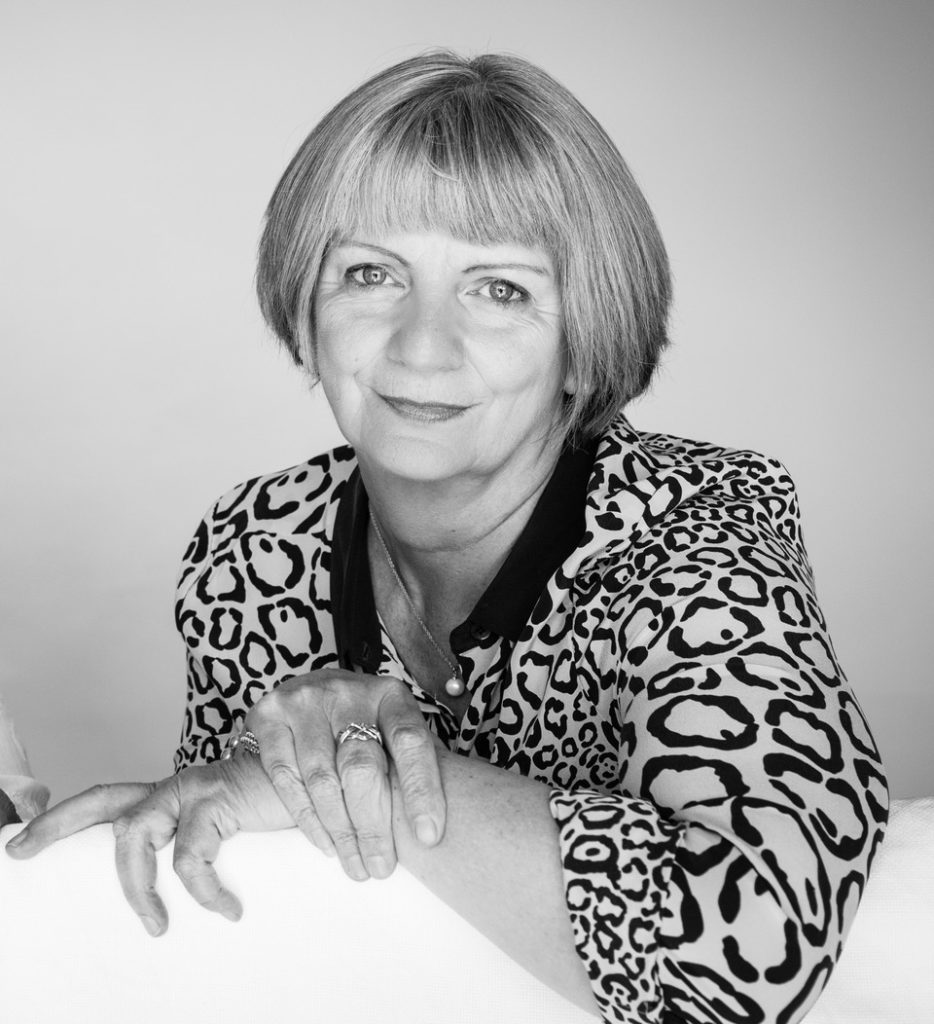
Clare Cooper has worked in the field of arts and culture for almost 40 years in a variety of roles. She currently described herself as an independent producer, most recently co-producing Cateran’s Common Wealth and the new Cateran Ecomuseum. With her sister, she also operates businesses in two other domains, tourism and public health. She is a member of the Local Action group for the Perth & Kinross European LEADER programme and the new Perth & Kinross Rural Economic Development Board which has been set up as a legacy of the LEADER Programme. She was born in Tanzania and lived there until the early 1980s.
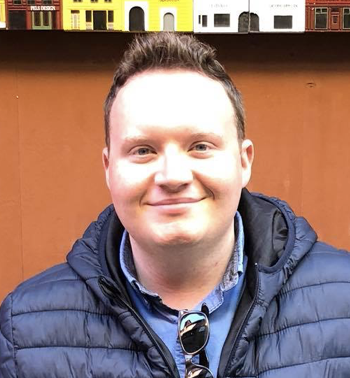
Jamie Allan Brown is a PhD candidate within the Museums, Galleries, Collections and Heritage Institute (MGCHI), School of Art History at the University of St Andrews, Scotland. Funded by an EULAC Horizon2020 grant, his thesis will focus on youth empowerment, museums, heritage and sustainability across global contexts. His essay ‘The case for an inclusive museum: a perspective from excluded groups and communities’ featured in ICOFOM’s Defining museums of the 21 st century: plural experiences, he co-authored ‘Sustaining a sense of place through community crafts and culture’ featured in ICOFOM’s Museum & Place as well as ‘Community crafts and culture: empowering indigenous communities’ in Greenlines Institute for Sustainable Development’s Heritage 2018. He is currently the Project Administrator and Youth Worker for the EU-LAC-MUSEUMS project.
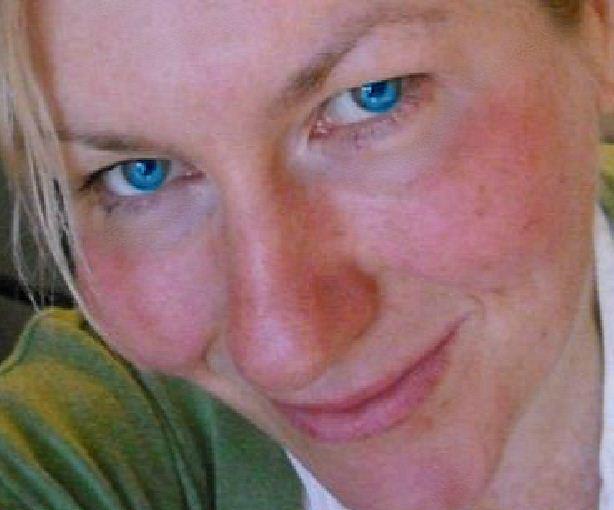
Catherine McCullagh is a PhD Candidate at Heriot-Watt University. Since early 2017 she has practised public ethnology with people across Orkney and Shetland, exploring how communities co-curating heritages can support choosing more sustainable and socially just futures. Catherine’s research is informed by her work as a community archaeologist and a curator in independent and regional museums throughout Scotland’s Highlands and Islands.

Joanna Rodgers is a PhD candidate at the Centre for History, University of the Highlands & Islands, and an Honorary Research Fellow of the Department of Anthropology at Durham University. Her research explores the interplay between heritage and diaspora tourism in Scotland, through a multi-sited ethnographic study focused upon the inner Hebridean island of Tiree.
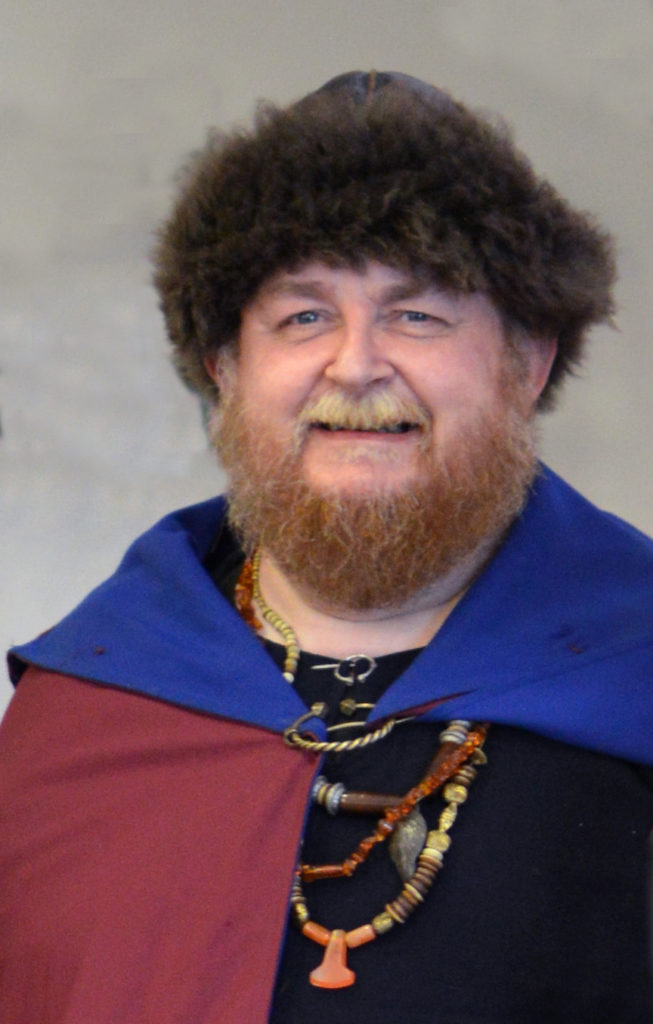
David (Davy) Cooper is a born and bred Shetlander who has spent most of his life on the islands. At various times he has worked as an art teacher and youth worker and now occupies a post as Head of Development with Shetland Amenity Trust supporting and developing heritage-based projects. In his spare time, he has contributed to several books both as a writer and illustrator and is in regular demand as a storyteller in schools and at events throughout Shetland and beyond. He can frequently be seen dressed as a Viking, a pirate, a fishing skipper or a wizard and many of the local children wouldn’t recognise him without the pointy hat. He has a keen interest in the folklore of Shetland as well as its heritage both natural and cultural. He is a board member of the Shetland Tourist Association, the Shetland Heritage Association and Scalloway Museum.
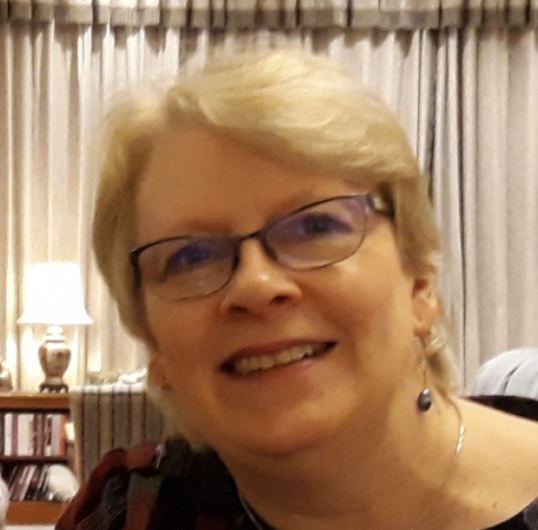
Jennifer Giles is a Curator (Scottish Communities & Organisations) in the National Library of Scotland’s General Collections Team. Her work comprises collecting and promoting the Library’s twentieth and twenty-first century published local, community and Gaelic collections. She has previously spent many years in the Library working to implement the legal deposit legislation, which is the unique feature that enables the Library to build and retain its extensive UK and Irish collections.
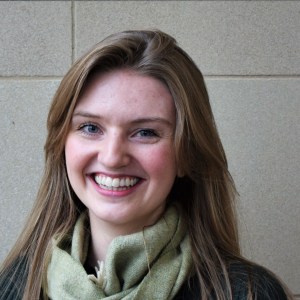
Jasmine Montgomery Wilkie obtained her MLitt with Distinction in Museum and Gallery Studies from the University of St Andrews in September 2019. Prior to this, she studied for an MA Hons in French and Spanish at the University of Glasgow. Her MLitt dissertation, supervised by Dr Karen Brown, focussed on the development of the Skye Ecomuseum, documenting its key successes as Ceumanann, Phase I of the development, and its evolution to Druim nan Linntean, Phase II
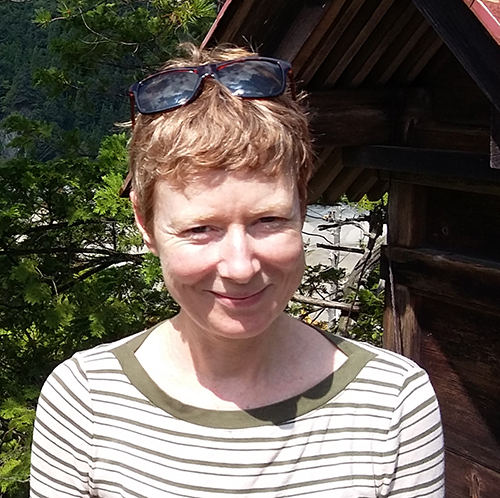
Joanna Hambly is a Research Fellow at the University of St Andrews and project manager with SCAPE. Archaeology has taken Joanna all around the world, including stints with the government archaeology service in France and with UNESCO in Sri Lanka. She has also worked in the commercial and curatorial heritage management sector before joining SCAPE in 2009 where she is in the happy position of being able to combine archaeology with her passion for involving volunteers and her enjoyment of being by the coast.
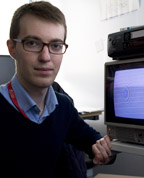
Sean Rippington is the Digital Archives and Copyright Manager for the Special Collections Division of the University of St Andrews Library. Previously he was the archivist at St Peter’s College, Oxford, and the Archives Assistant at Magdalen College, Oxford. He volunteers with community heritage groups in his spare time, particularly in matters relating to digital preservation and access.
*This conference is supported by the Royal Society of Edinburgh Research Workshops fund. The project follows on from a pilot project in 2018 supported by Historic Environment Scotland, Archaeology Scotland, Ergadia Heritage, Northlight Heritage, the Independent Association of Museums, and the School of Art History, University of St Andrews.
